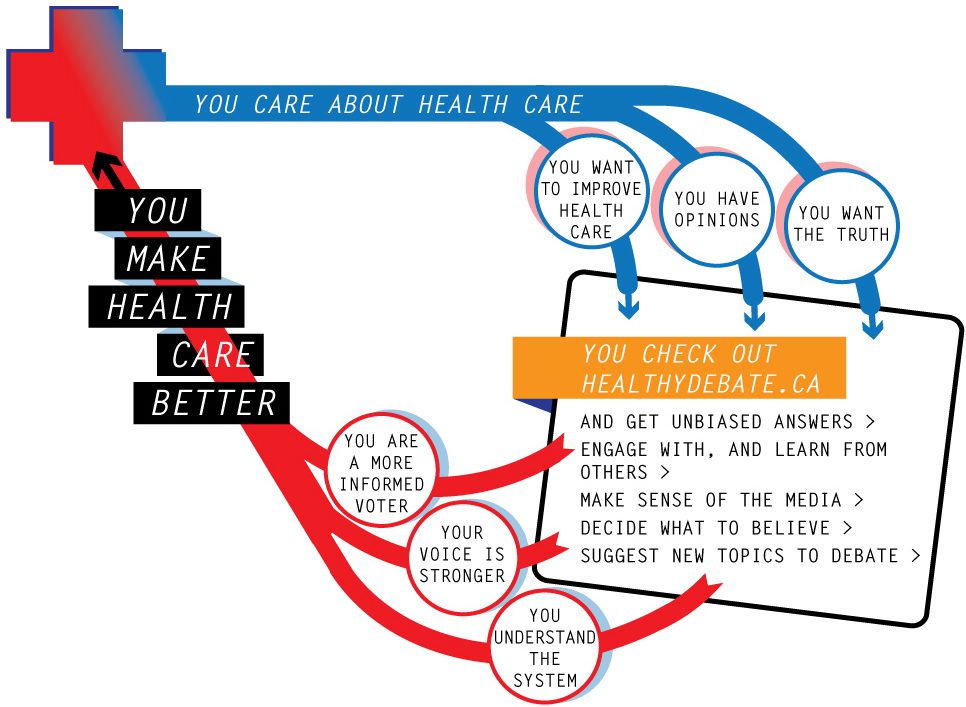Charging patients for services: much confusion, little consensus

The Ontario Health Insurance Plan (OHIP) does not cover all health services that can be provided by a doctor. These “uninsured” services include telephone renewal of prescriptions, writing sick notes for work or school and transferring medical records. Doctors can offer patients the option of paying for a set of uninsured services with a single …







